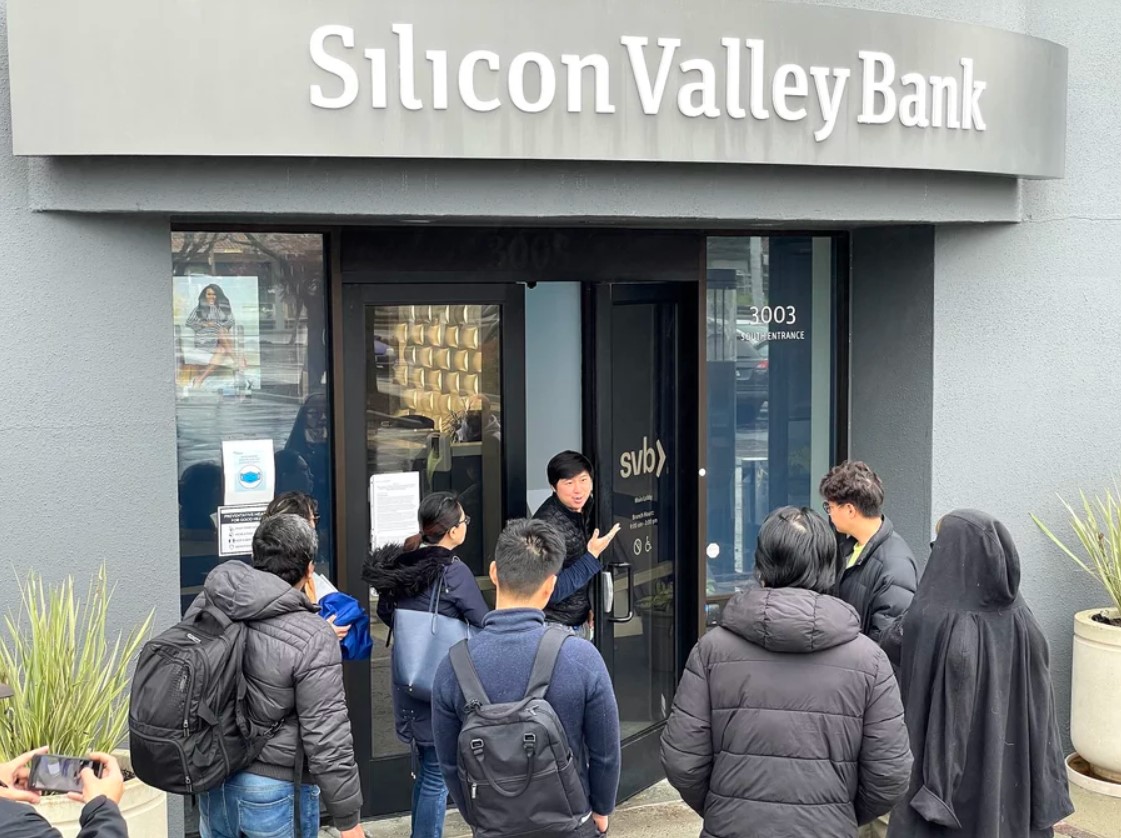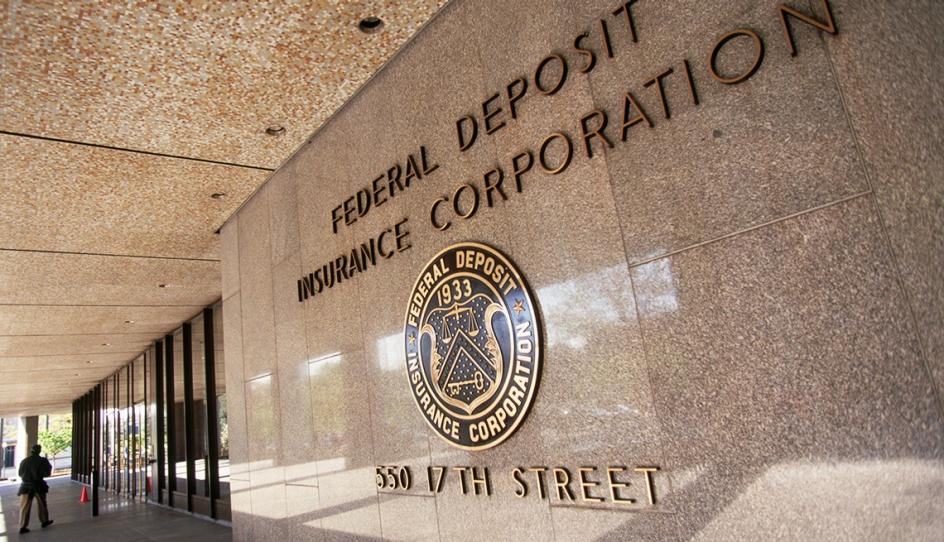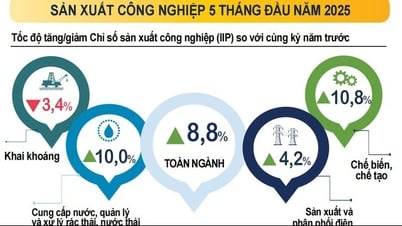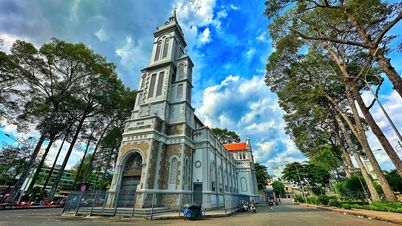First Republic remains an independent bank for now, but it is unknown how long this will continue.
First Republic shares fell from $122.50 on March 1 to about $3 a share on March 28 as investors worried that the Federal Deposit Insurance Corporation (FDIC) would step in and take control of all the bank's deposits and assets.
In order to save First Republic from bankruptcy, the FDIC decided to put the bank up for auction, with the participation of several large banks such as JPMorgan, PNC, US Bancorp Bank of America and Citizens.
The final results are expected to be announced on the evening of April 30, before Asian markets open. If no bank succeeds in buying First Republic, the FDIC will take over the bank and provide a government bailout for all deposits.
Crisis of confidence
First Republic Bank was founded in 1985 by James Jim Herbert, the son of a community banker in Ohio, USA. The bank is primarily active in asset management and residential real estate lending.
From a single branch in San Francisco, the bank has expanded to 82 branches across 8 states, serving many high-income communities in Beverly Hills, San Francisco, Los Angeles Silicon Valley, Palm Beach, Greenwich, etc.
For years, First Republic has lured wealthy customers with favorable interest rates on mortgages and loans. First Republic is more vulnerable than other banks in the region because 68 percent of its deposits are larger than $250,000, and therefore not protected by the FDIC.

Silicon Valley Bank (SVB) headquarters in Santa Clara, California, USA. The collapse of this bank caused a crisis of confidence not only in the US but also spread to other regions of the world . Photo: NPR
First Republic was on the brink of collapse in March after its shares fell 74% following the bankruptcies of SVB and Signature.
However, luck smiled when 11 "big guys" of Wall Street, including JPMorgan, Bank of America, Wells Fargo, Citigroup, promptly extended their hands, launching a bailout worth 30 billion USD to strengthen confidence in the US banking system.
First Republic's latest earnings report shows the bank remains profitable in the first quarter of 2023 with net income of $269 million.
But the scare came after the San Francisco-based bank revealed that customers withdrew $102 billion worth of deposits (about 41 percent of its total) in the first three months of the year, mostly in March. Most of the withdrawals were from accounts with more than $250,000.
Banks typically take deposits and use the cash to make loans or invest. So when customers lose confidence and rush to withdraw their money, they can quickly put a bank at risk of bankruptcy.
The future is uncertain
First Republic had hoped to save itself before the FDIC took over, which would have meant liquidating its assets to pay off its debts. The takeover could have cost shareholders and some bondholders all or most of their investments and could have shaken the nation's financial system.
As of the evening of April 27, the bank and its advisers were still in discussions with the government, several banks and private companies about a potential deal, but no one was interested.
By the morning of April 28, it was clear to all parties involved that First Republic had no choice but to be taken over by the US government.
The sale to a larger bank means that all of the bank's deposits will be protected, as they will become accounts at the acquiring bank. These deposits, including uninsured deposits, were around $50 billion at the end of March, including $30 billion from the 11 big banks.

68% of First Republic's deposits are not covered by the Federal Deposit Insurance Corporation (FDIC) because they are worth more than $250,000. Photo: aarp.org
By seeking to line up a buyer for First Republic before formally placing the bank into receivership, US regulators appear to be hoping to avoid the same chaos that followed the Silicon Valley bank's collapse.
Besides, taking over this bank is not a scenario that the FDIC wants, in part because it would likely cause billions of dollars in losses to the company's deposit insurance fund.
PNC, one of the largest U.S. banks based in Pittsburgh, had previously considered buying First Republic, but the bank was unable to finalize a deal because of concerns about large losses from its jumbo home mortgages and low-interest loans amid rising interest rates.
Meanwhile, JPMorgan currently holds more than 10% of all bank deposits in the US, so it is not eligible to buy another bank. For the largest US bank to expand further, the authorities here will have to create an exception.
The challenges in accounting for First Republic's loans also caused headaches for other potential banks .
Nguyen Tuyet (According to CNN, WA Today, Bloomberg)
Source























































































![[OCOP REVIEW] Tu Duyen Syrup - The essence of herbs from the mountains and forests of Nhu Thanh](https://vphoto.vietnam.vn/thumb/402x226/vietnam/resource/IMAGE/2025/6/5/58ca32fce4ec44039e444fbfae7e75ec)







Comment (0)